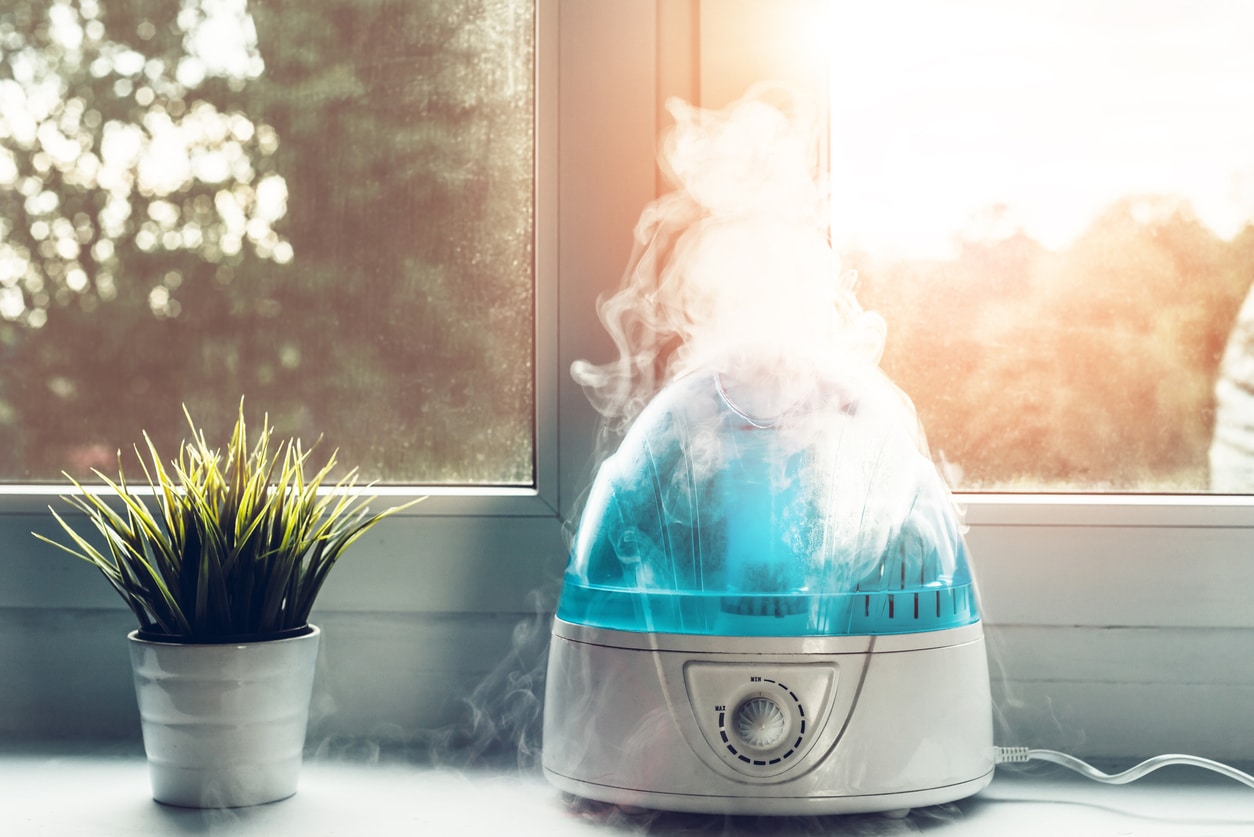Sinusitis, including chronic sinusitis, is a common condition. According to the Centers for Disease Control and Prevention (CDC), 28.9 million adults in the United States are diagnosed with chronic sinusitis.
What Is Sinusitis?

Sinusitis is another term for a sinus infection. It is an inflammation of your sinuses that is often caused by a viral or bacterial infection and, less commonly, a fungal infection. Sinusitis can be acute or chronic and is considered chronic after 12 weeks of symptoms.
Common symptoms of a sinus infection include:
- Facial pressure, particularly around the nose, eyes and forehead
- Nasal congestion
- Runny nose with thick green or yellow mucus
- Pressure or pain in your teeth
- Fever
- Bad breath
- Fatigue
- Headache
- Postnasal drip
- Ear pressure or pain
Ways To Reduce Your Risk of Sinus Infection
Thankfully, there are several steps you take at home to reduce your risk of sinus problems, including, but not limited to:
- Using a humidifier. Dry air can be a contributing factor to sinus issues. If the air in your home is dry, use a humidifier to add moisture. Just make sure to clean it regularly to keep it free from mold.
- Try nasal irrigation. Nasal irrigation is an at-home treatment to rinse your sinuses. It can help prevent sinus infections or relieve symptoms if you currently have one. You can do this by flushing your sinuses with a saline solution with a Neti pot or a rinse bottle. Nasal irrigation supplies can usually be found at places like the Medicine Chest Pharmacy or other Fort Wayne drugstores.
- Take steps to avoid getting sick. Because sinus infections are often caused by viruses, taking steps to avoid illness, when possible, can help reduce your risk. Make sure to wash your hands regularly with soap and warm water for at least 20 seconds. It’s also important to stay up-to-date on your vaccines to prevent illness.
- Drink plenty of fluids. Drinking lots of water throughout the day keeps mucus thin, which makes it easier for your nasal passages to drain and stay clear.
When To See a Doctor For Your Sinus Problems
Sinus infections often go away on their own and can be managed with some rest and over-the-counter treatment options.
However, if you are experiencing lingering symptoms, frequent infections or have a high fever or other concerning symptoms, make an appointment with your medical provider. You may need prescription-strength medications or, if you have a condition like nasal polyps, you may need surgery to minimize the frequency and severity of your sinus symptoms.
For more information or to schedule an appointment, call Ear, Nose & Throat Associates today.